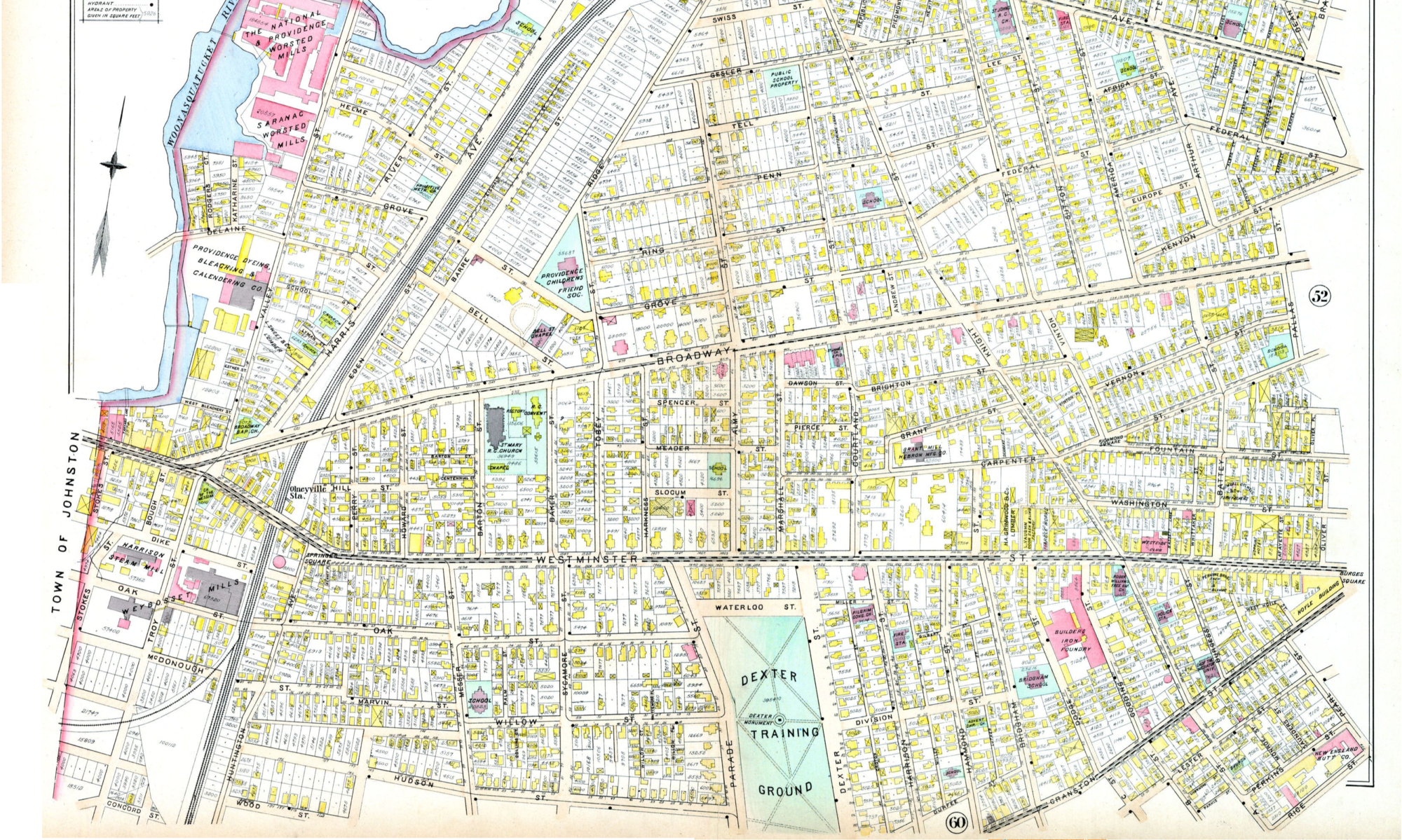Today I got lunch with one of my favorite bloggers, David Roberts of Grist. We talked about a lot of things, but one of my takeaways from the meeting was that there need to be more community-based efficiency and alternative energy programs. Making it easy for individuals within a community and a community itself to make these changes is the key to bottom-up change in this regard.
One initiative that David mentioned was WeatherizeDC, a campaign started by former leaders of Obama’s campaign and based on grassroots techniques used therein. First of all, they go around knocking on doors, increasing community demand for efficiency retrofits (also getting interested community members together in meetings). They brokered a Community Workforce Agreement with a home performance business based in DC, whereby the increased demand from these groups will result in the business hiring local residents from communities with high unemployment. Green job creation in practice.
Why aren’t there more initiatives like this? You or I could start one in our areas!













